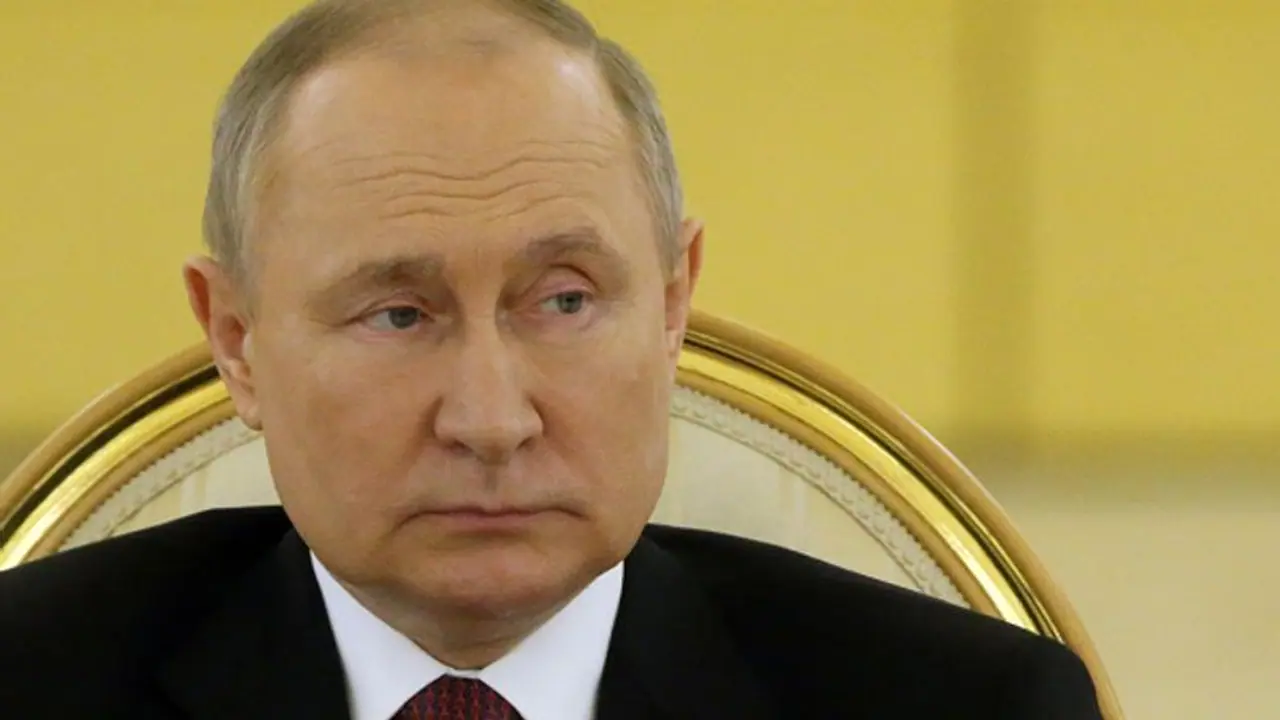At the St Petersburg Economic Forum, Russia’s Economy Minister warned that the country is close to a recession. Businesses blame high interest rates, while officials urge cautious optimism amid signs of cooling economic activity.
Russia may be on the brink of a recession, according to Economic Development Minister Maxim Reshetnikov, who spoke at the St Petersburg International Economic Forum on Thursday. His remarks come amid growing concern over a slowdown in business activity, tightening credit and high interest rates that have cooled the economy.

In addition, the ongoing war in Ukraine has strained Russia's economy through international sanctions, disrupted trade and increased military spending and these are some of the factors widely seen as contributing to the current slowdown.
'We're standing on the edge'
Minister Reshetnikov said that official statistics show a clear economic cooling, but stressed that these indicators reflect past trends and may not capture present business sentiment.
“According to the figures, there is a cooling, but all our figures are in the rear-view mirror,” he said.
“Based on current business mood and leading indicators, it seems to me we are already on the verge of going into recession. On the verge.”
His comment prompted a sharp exchange with Andrey Makarov, Chairman of the State Duma’s Budget and Taxes Committee, who urged the minister to remain optimistic, warning that the internet would start saying he “predicted a recession.”
Reshetnikov responded, “I didn’t predict anything. I said we’re standing on the edge. What happens next depends on the decisions we make.”
Central bank and lenders confirm slowdown
Speaking at the same forum session, Central Bank Governor Elvira Nabiullina offered a slightly different take. She described the current slowdown in GDP growth as 'a way out of overheating', suggesting the economy is adjusting after a period of rapid expansion.
Meanwhile, Alexander Vedyakhin, First Deputy CEO of Sberbank, Russia’s largest lender, told Reuters this week that tight monetary policy could lead to an 'overcooling' of the economy.
“There is a danger of the economy overcooling and that we will not be able to get out of this dip,” he said, adding that growth may remain weak if borrowing costs stay too high.
Businesses still struggling with high rates
The Central Bank recently cut interest rates to 20% from 21%, its first rate reduction since 2022. However, this remains a historically high level. Businesses have repeatedly said that high interest rates are stifling investment, making it difficult to borrow and expand.
Vedyakhin argued that interest rates between 12-14% would be far more effective to revive investment lending and support long-term growth.


